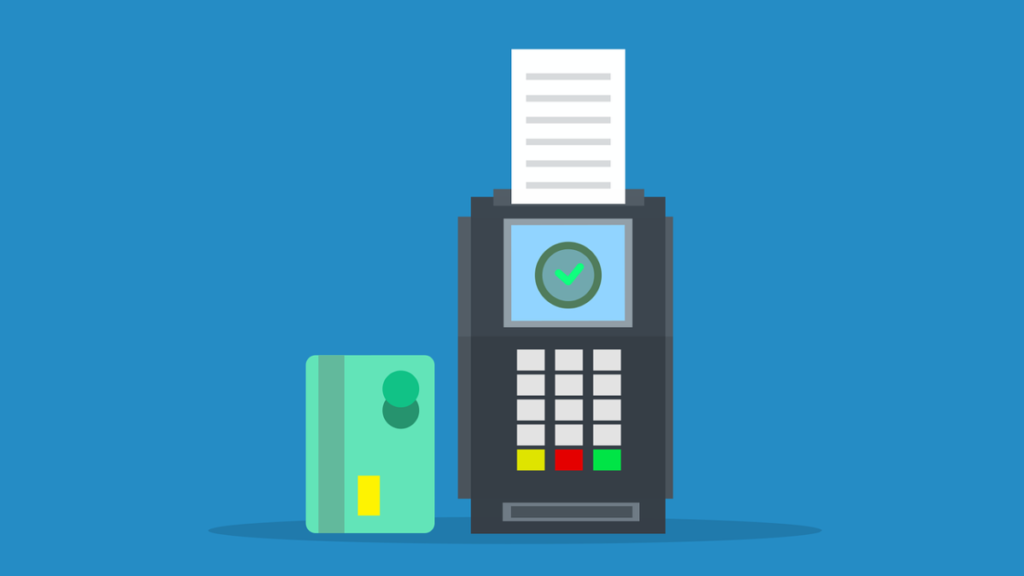Aside from serving as an investment channel, cryptocurrencies are now being used to purchase products and services for offline and online transactions. Perhaps you’re a business owner with a few digital coins under your belt and you’re actively into trading cryptocurrencies in your downtime. In this case, it should be easy for you to use the tools at your disposal and accept cryptocurrencies as payment for the goods and services you sell.
But even if you’re a complete newbie to digital currencies, you can still easily extend the payment options you accept to include cryptocurrencies. All you need to do is set up a cryptocurrency wallet and use and integrate crypto payment tools into your online checkout channels. For example, if you plan on accepting Monero as payment, you can set up an XMR wallet account where you can direct all the Monero payments for your store. Then, use your ecommerce platform’s API or plugin to add cryptocurrencies as a payment option for your customers. If you have a physical shop, you can also accept digital coin payments for in-store transactions by using a crypto-compatible QR scanner or terminal.
However, doing so poses the question: would it be to your benefit to accept cryptocurrency payments for your business? Here are some of the pros and cons you should consider when making this decision.
The Pros
Lower Transaction Fees and Faster Transactions
The exchange of cryptocurrency is made possible by a decentralized system. Because digital coins are not tied to a particular bank or country, no one can monopolize or gatekeep the process of exchanging cryptocurrencies. As such, the entities that aid cryptocurrency transactions must keep their processing fees low in order to attract more users. In many cases, you can even get away with accepting Bitcoin payments while paying processing fees as low as 1 percent. This is significantly less than the rate of using many popular payment processing services. Also, since there are fewer middlemen when processing cryptocurrency transactions, it’s often faster compared to using the services of a bank or similar payment processor.
Irreversible Transactions Offer Protection to Businesses
The process of sending cryptocurrencies to your wallet as payment for your products and services is irreversible. Once the amount has been paid, there’s no way for the buyer to take back what they sent you unless you choose to refund it. From a business owner’s perspective, this can help your establishment prevent losses due to fraudulent claims of damaged products or less than satisfactory services.
Appeal to a Wider Market
Many cryptocurrencies such as Bitcoin, Ethereum, and Monero are widely used in different parts of the world. If your store starts accepting payments in the form of these digital coins, then you can accommodate customers not only from your own country, but from around the world. This offers your business the opportunity to expand its operations globally and, in turn, increase its possible income.
Cons
Complicated Tax Rules
The lack of a centralized system has its pros and cons, and one of them is that governments and financial institutions tend to have different approaches to treating cryptocurrency payments. In the US, for example, digital coins are regarded as property for tax purposes, and the fiat equivalent of each coin at the time of exchange serves as the basis of the said coin’s value. The process of determining the value of cryptocurrencies can be different in other countries, so you have to research the rules that may apply to your business.
Lack of Legal Protection for Users
In addition to the above, cryptocurrencies exist in a legal gray area. Often, users are not afforded enough protection in case their transactions go awry. It’s of utmost importance for anyone who’s planning to send or receive cryptocurrency payments, then, to do their due diligence for every transaction that they undertake. This can entail a lot of work on your end, especially if your business caters to a wide variety of people and entities from different locations.
Extreme Volatility
Cryptocurrencies are inherently volatile, which means that the value of your coins can change drastically from one moment to another. If you’re going to accept digital coins as payment, then it’s possible that your profits can rise or fall from one day to the next, depending on the current price of the digital currency you are accepting.
If you’re prepared to assume the added risks and responsibilities that come with dealing with cryptocurrencies, then accepting digital coin payments is a great move for your business. However, if the complications that come with dealing with cryptocurrencies seem too much for you, then you’re probably not ready to take this step yet. There’s no right or wrong answer to this question; rather, it’s what suits your particular situation best.
It’s worth noting that cryptocurrency is here to stay, however, and it’s likely that accepting digital coins will become more common in the near future. As such, getting up to speed with this means of exchange now will make it much easier for your business to keep up with the latest payment innovations in the coming years.




